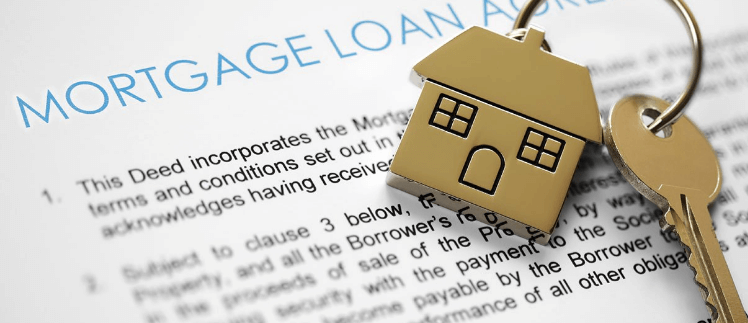Taking out a second charge mortgage in the UK is becoming increasingly popular amongst homeowners, with the Finance & Leasing Association (FLA) revealing over £93 million of second charge mortgages were taken out in the past year. This total is the highest since the 2008 financial crisis.
But what exactly are they, and how do they work? TechRound takes a further look at how they can be useful if you are a homeowner.
Second Charge Mortgages Explained
Second charge mortgages involve the homeowner taking out an additional loan to raise additional money, instead of remortgaging. This loan is secured against the property.
It is important to note that second charge mortgages work differently to standard mortgages, as a second charge loan is secured against the home you already own. However, it still means that you will have two mortgages on the home you own.
In addition, standard and second charge mortgage lenders assess different criteria before granting approval. For example, a standard mortgage is approved based on the strength of your credit rating, income level and ability to meet monthly repayments. Comparatively, a second charge mortgage is largely granted based on the available equity in the property.
Equity refers to the value of the home owned by you taking away any mortgage still owed on it.
As an example: if you have £150,000 left to pay on a mortgage for a house valued at £250,000, you will have £100, 000 available in equity.
How Does Getting a Second Charge Mortgage Work?
You will only be able to get a second mortgage if you are a homeowner. In terms of the amount that you can borrow, it will depend on the lender, but typically it is over £1,000.
As a result of stricter UK and EU regulations enforced by the FCA, lenders now have to apply the same affordability checks and ‘stress tests’ that are used in the standard mortgage application process.
This means the second charge mortgage process is more rigorous, with homeowners now needing to provide evidence that shows that they will be able to comfortably pay back a secured loan.
Why Should I Take Out a Second Charge Mortgage?
There are a number of reasons why a homeowner may consider opting for a second mortgage such as:
- If you have an existing mortgage with a high early repayment fee, a second charge mortgage may be cheaper than remortgaging
- If you are self-employed, you may find it difficult to get access to unsecured borrowing e.g. a personal loan
- If your credit rating is low or decreased since taking out the first mortgage. A second charge mortgage can be cheaper than remortgaging, as you will only pay interest on the new amount you would like to borrow
When Not To Use a Second Charge Mortgage
A second charge mortgage may not be right for you if:
- You want to consolidate debts. You may end up paying more interest on smaller debts, credit cards or other kinds of unsecured loans in the long term, as second charge mortgages can last for up to 25 years
- You are only just about making repayments on your existing mortgage, as you could end up losing your home if you can’t keep up with either loan payment
Things To Consider Before Taking Out a Second Charge Mortgage
- Get advice from a qualified advisor before applying for a second charge mortgage. They can give guidance as to which will be best for you in an impartial manner
- Make sure you shop around and compare each lender and the APRC (annual percentage rate of charge) offered
- Ask your existing mortgage lender if they would provide you with a second charge mortgage and what they would charge for it. You may be able to benefit from a better rate as an existing customer



